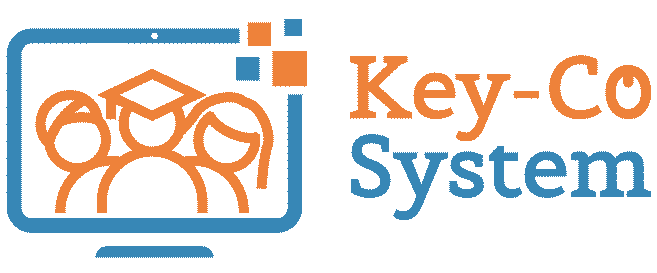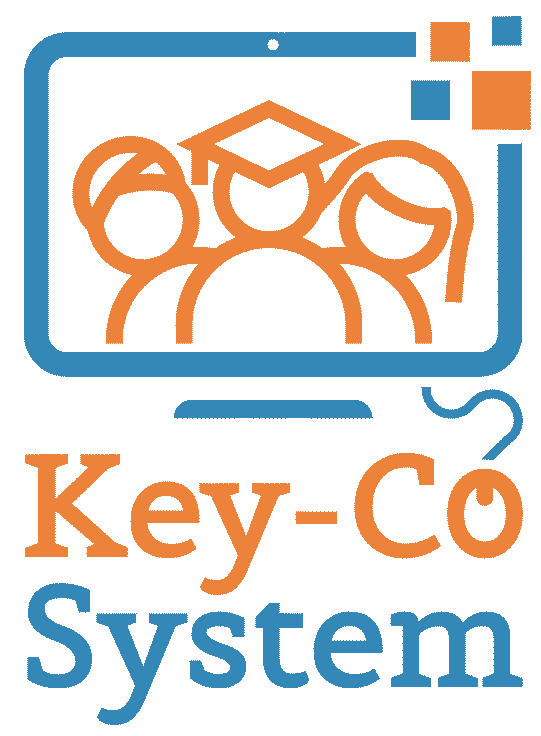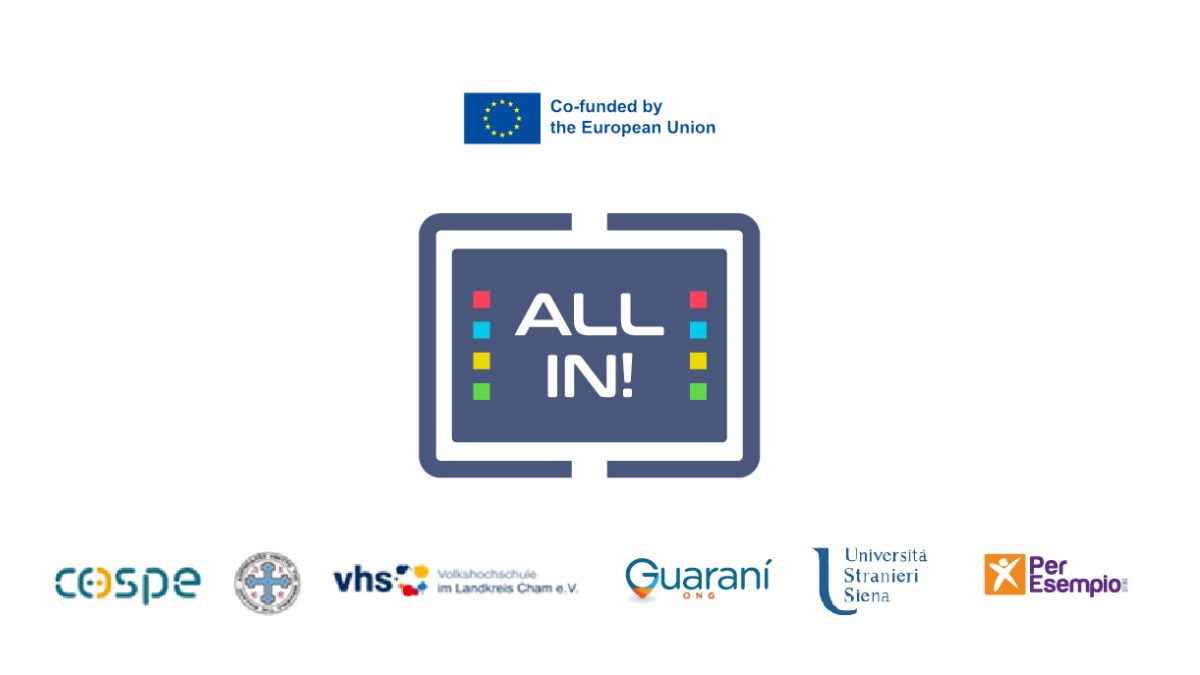ALL IN for an education to language in its plurality

Is multilingualism the key competence? The research paper by the University of Reading has been presented in Palermo, Italy
Luglio 22, 2021
The project ALL IN and its first activities on the ground
Dicembre 10, 2022“Educating linguistically means not only educating to languages and their learning, but above all educating to learn codes and the many (infinite) symbolic forms of which a human being can equip himself: it is ultimately an education to language in its plurality”(Simone, 1976)
To explore and value “plurality” is indeed one of the main goals of this project that put together organization and universities from four different European countries (Italy, Germany, Greece and Spain) to better understand the needs of migrants learning the language of their host country. The organization involved all have years of experience and previous contacts with migrants living in their local communities. These expertise were crucial to bring about a field-research on the weaknesses and strengths of the learning process.
Data were gathered through interviews with adult learners (Semi-structured one-to-one interviews or focus groups) and teachers and professionals working in the field of migration.
The interviews wanted to profile L-2 learners to be able to differentiate the needs and interest depending on their migratory background, educational background, and dreams and aspirations.
On the other hand, the interviews with workers of the field enabled to map the integration and education policy of the countries involved.
These data will be elaborated and collected in the creation of useful guidelines that will be available for all and the starting point for further research.


